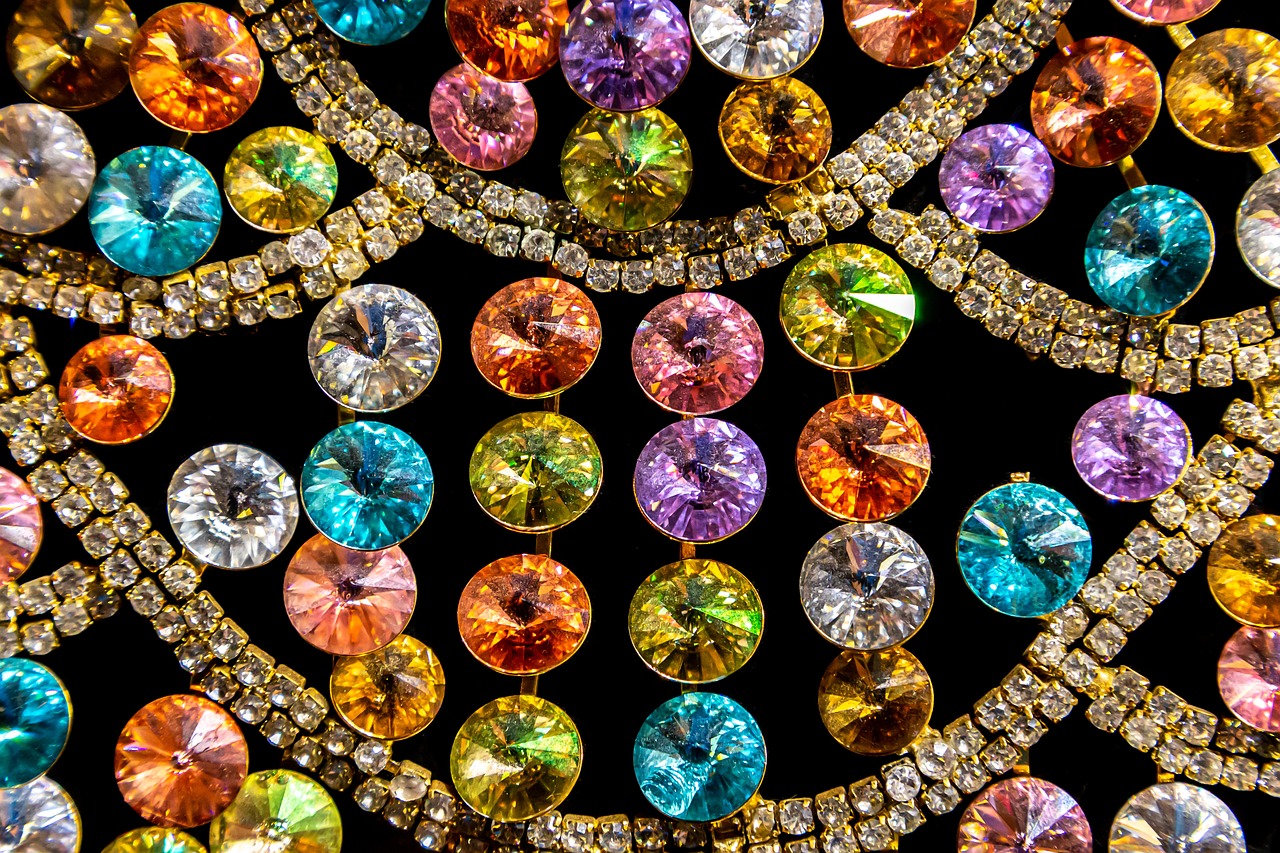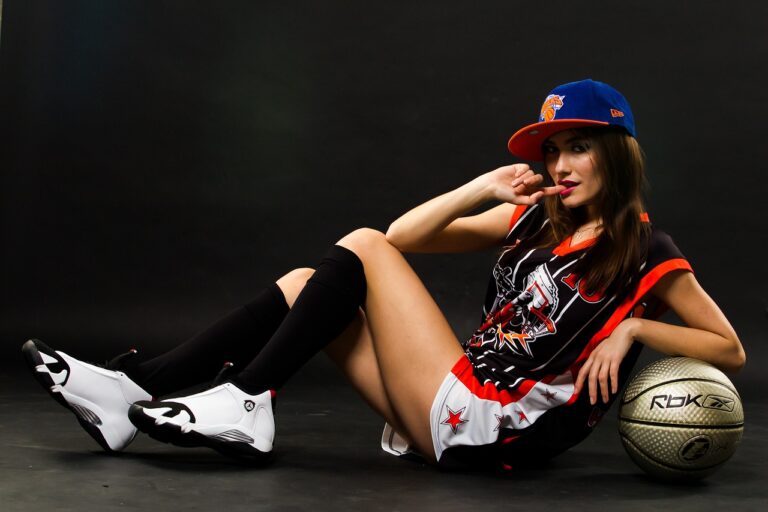Fast Fashion and the Rise of Fashion Influencer Culture
11xplay sign up login password, laser247 com, tiger exchange login: Fast Fashion and the Rise of Fashion Influencer Culture
In recent years, fast fashion has become a dominant force in the fashion industry, with brands like Zara, H&M, and Forever 21 leading the way. These brands are known for their quick turnover of trendy clothing at affordable prices. Alongside the rise of fast fashion, we have seen the emergence of fashion influencer culture, where social media personalities play a significant role in shaping trends and influencing consumer behavior.
The Impact of Fast Fashion
Fast fashion brands have revolutionized the way we consume clothing. With new styles hitting stores every week, consumers are constantly tempted to make impulse purchases to keep up with the latest trends. However, the rapid turnover of clothing comes at a cost – both for the environment and for garment workers. Fast fashion is notorious for its negative impact on the environment, with tons of clothing ending up in landfills each year. In addition, the demand for cheap clothing has led to poor working conditions and low wages for garment workers in developing countries.
The Rise of Fashion Influencer Culture
Fashion influencers have become instrumental in promoting fast fashion brands to their millions of followers on social media platforms like Instagram, TikTok, and YouTube. These influencers are often seen wearing the latest styles from fast fashion brands, influencing their followers to do the same. By partnering with fashion influencers, fast fashion brands can reach a wider audience and drive sales.
How Fashion Influencers Make Money
Fashion influencers make money through brand partnerships, sponsored posts, affiliate marketing, and collaborations. Brands pay influencers to promote their products to their followers, who trust their recommendations and often make purchases based on their endorsements. In some cases, fashion influencers are even able to launch their clothing lines or collaborate with fast fashion brands to create exclusive collections.
The Dark Side of Fashion Influencer Culture
While fashion influencers have undoubtedly revolutionized the way we consume fashion, there is a dark side to influencer culture. The pressure to constantly promote new clothing can lead to overconsumption and a culture of excess. In addition, some influencers have been criticized for promoting unsustainable practices and encouraging wasteful behavior. It is essential for influencers to use their platform responsibly and promote sustainable fashion practices.
FAQs
1. Are fast fashion brands ethical?
Unfortunately, many fast fashion brands have been criticized for their unethical practices, including poor working conditions and environmental damage. It is essential for consumers to research brands before making purchases and to support companies that prioritize sustainability and ethical production.
2. How can I support sustainable fashion?
Supporting sustainable fashion involves making conscious choices about the clothing you purchase. Look for brands that use ethical and eco-friendly practices, buy second-hand clothing, and invest in high-quality pieces that will last for years to come. Additionally, consider supporting independent designers and brands that prioritize sustainability.







